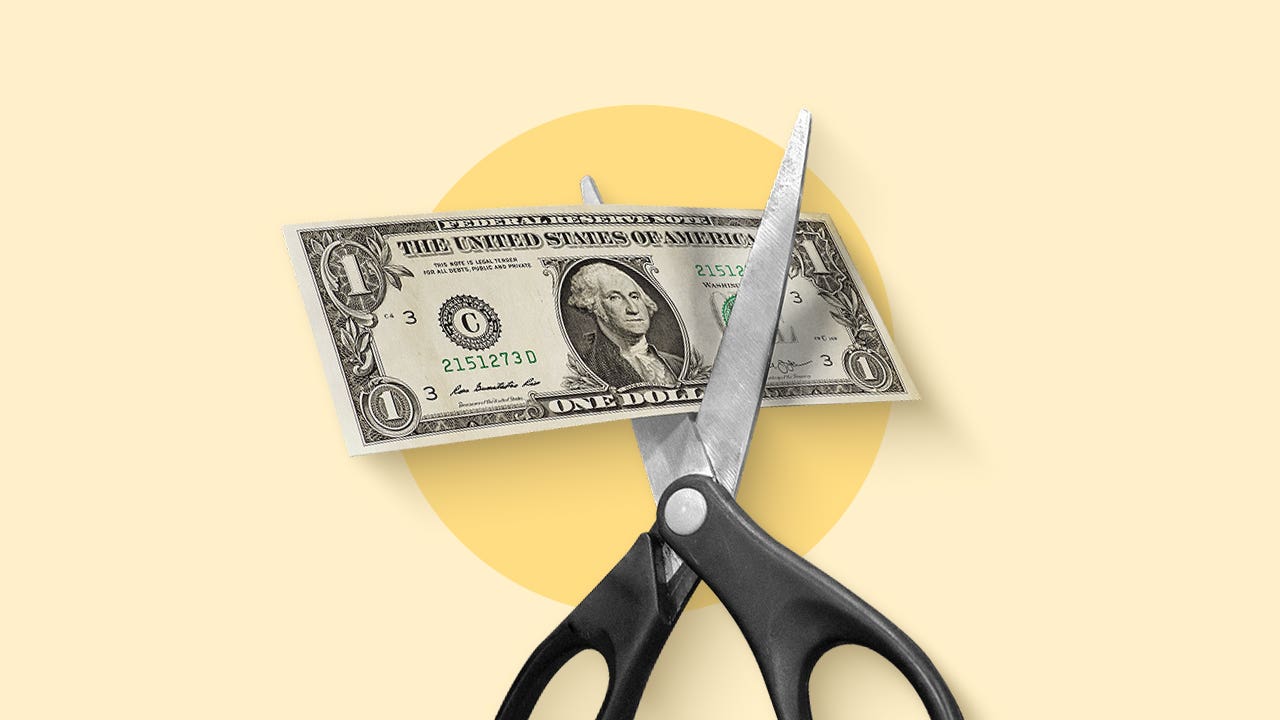Tori Rubloff
-
100+Articles edited
-
10Years of experience
- Personal finance
- Financial planning
- Budgeting
- B.Ed. in Education, University of Florida
- M.A. in Mass Communication, University of Florida
- Poynter ACES Certificate in Editing
About the author
Tori Rubloff is a former senior editor at Bankrate, where she managed staff reporters, copy edited feature articles, drove content strategy and oversaw production of data-driven, timely content that empowers readers to make informed decisions about their finances. She is passionate about creating purposeful content that educates readers on navigating significant life milestones, which has led her to specialize in content centered on personal finance, higher education and professional development.
Previously, she has worked as a data storyteller and content manager for various publications and clients including ZDNet, The Motley Fool, FinanceBuzz and Acceptance Insurance. Her work has been cited by media including CNBC, CNN, Bloomberg, CBS News, NBC News, Forbes, Rolling Stone, The Washington Post, MarketWatch and Business Insider.
Outside of work, Tori enjoys bullet journaling, exploring Washington D.C.’s restaurant scene, cooking elaborate dinners and meditating daily.
Tori beyond Bankrate
Tori wants you to know
When it comes to managing your personal finances, small steps add up over time, and staying organized has long-term pay-offs. My favorite tool is Notion — a free app where you can build customizable, visual dashboards that keep your financial information all in one place. Here’s how I use it to track my financial habits and hold myself accountable for meeting my goals — and how you can do the same:
In my Notion dashboard, I list my financial goals at the start of the year. I use these goals as my “north stars” to inform the financial actions I take in the months ahead, and I cross them off as I complete them.
I set up monthly budget in the form of a pie chart, with designated targets for: fixed expenses (housing, cell phone bill, etc.), discretionary expenses (food delivery, events/experiences, travel, etc.) and savings and investments. (If you're not sure how to balance these categories, the 50/30/20 rule is a good place to start.)
Looking at the amount I can allocate toward savings and investments, I determine how I want to divvy that amount into each of my sinking funds. For example, A% can go into my 401(k), B% can go into my IRA, C% can go into my emergency fund and D% can go into my housing fund.
Within my Notion dashboard, I also link to external Google spreadsheets, where I track my net worth growth over time, monthly contributions to my savings and investment accounts, as well as week-to-week spending.
With all of this information in front of me, it makes it easy to reflect on my financial progress and habits. Then, I can determine any areas where I want to adjust my spending/saving strategy as the year goes on.
You can 'make your money work for you' by being intentional with your money habits and strategic with your money placement.
— Tori Rubloff









